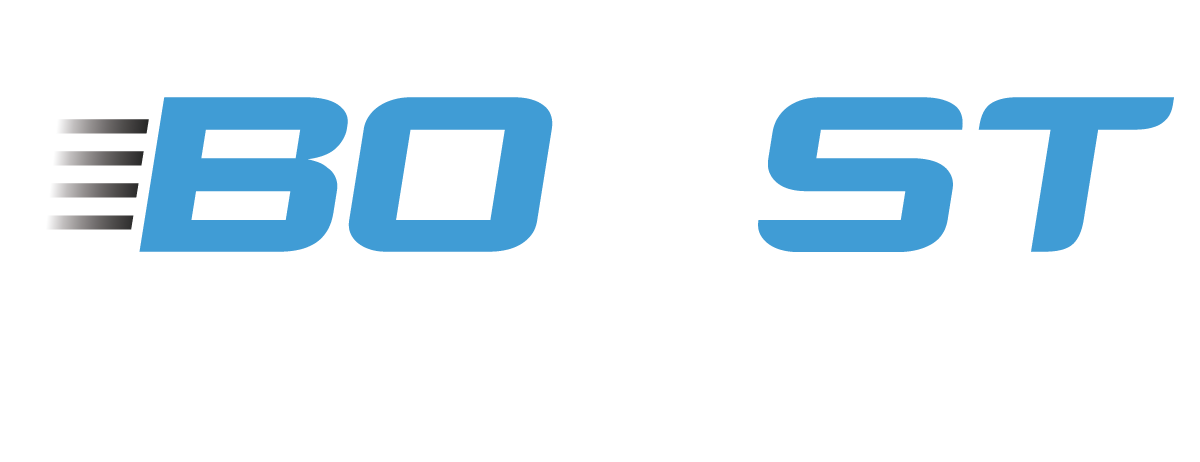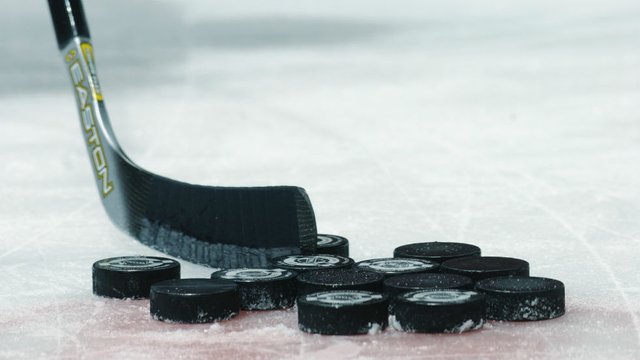I've come to the realization that if players would focus on a few simple ideas, there level of success would increase exponentially.
What are these 'magical' ideas that I'm referencing?
They are simply the things that we can control... like effort, preparation, being a good teammate. Those sorts of things...
It's been something that I have been talking to my team about for the entire year, but especially in the last month.
It's easy to get sidetracked and consumed by things that we ultimately have no control over.
We have no control over how good or bad the team we are about to play is. We have no control over how the referees are going to call the game. We have no control over how hard the other team is going to work.
When seeing these sorts of things on paper it seems to make a lot more sense and there might be a few of you reading this now who are nodding your head in agreement. However, the part that is challenging is realizing and remembering these things when you are caught in the moment.
I think all players experience this from time to time.
I remember even in college feeling this way. We were having a tough season and I remember heading to a weekend series against the #1 ranked team in the country with a feeling of "I just hope we don't get embarrassed this weekend".
That mindset sucks.
It's an example of letting my mind wander and focusing on the things that I can't control instead of putting my energy into the things that I can.
The same thing can be said when it comes to referees. It's an easy excuse to make when things don't go the way you want. It's easy to blame someone else.
In nearly 30 years being involved in the game, I can't remember a game that I have been a part of where I feel like we won or lost a game solely because of a referees decision. Of course there are calls that I have disagreed with, but usually, those are all only small instances in the grand scheme of the whole game. And chances are that if we go back and do an honest self examination of the game we can find that it wasn't one call or one play that caused a loss, but rather, there were aspects of the game that we have full control over that we didn't execute on.
Like I said, it's easy to get caught up in the emotion of the situation and begin focusing on the wrong things.
I truly believe if we can develop a mindset where we only focus on the things WE can control, WE will be a lot more successful.
The number one thing I stress to my players, and I believe in myself, is being a great teammate.
It's not always easy, but it should be a priority.
Hockey is the ultimate team game and a completely united front will always go a lot farther than a group that isn't on the same page.
Put your self interest on the back burner and put the needs of the team first. I know that it's easier said than done all the time, but if you want to be successful then you need to make this change. It's the only real path to long term success in my opinion.
Pick guys up when they are down. Celebrate when your teammates succeed. Commit to bringing your best everyday in practices and games.
Those three simple things can make a word of difference for a team.
Naturally, I would say the second most important thing you need to focus on would be your work ethic, but really that should be listed as 1B. Being a great teammate can be 1A and your work ethic can be 1B.
I know I've talked a ton about how hard work is the foundation and at the end of the day your work ethic is what will carry you through everything.
So why is it only listed as 1B?
I have being a great teammate as 1A because if everyone has that same idea and philosophy, then when a day comes when you don't have your best your teammates will be right there to help carry you through. And vice versa. The group will always be stronger than the individual.
But back to your work ethic...
Remember my story from college about what I was thinking about when we were on our way to play the #1 ranked team in the country?
I should have been looking at the weekend as an opportunity and should have been putting my focus on my effort and doing my job for my team, instead of just thinking about how good they were.
That's not to say that I didn't play hard that weekend and lay it all on the line, that's just to say that instead of wasting energy on something I couldn't control, I should have been focusing all my energy on the things that I could control.
The true beauty of everything that I have talked about, and something I share almost daily with my team, is that none of the things I talked about take any sort of talent.
Everyone is capable of doing these things regardless of ability. It simply comes down to a commitment of wanting and focusing on doing the right things.
That commitment isn't always easy but I promise you it's worth it in the end.
This idea is another one of those life lessons that not only helps with hockey but can help with life away from the rink as well.
Focus on putting your energy into the things you can control and stop wasting time and energy on things that are out of your control.
And if you only take one thing from this entire post, take this:
It takes no talent to work hard.










